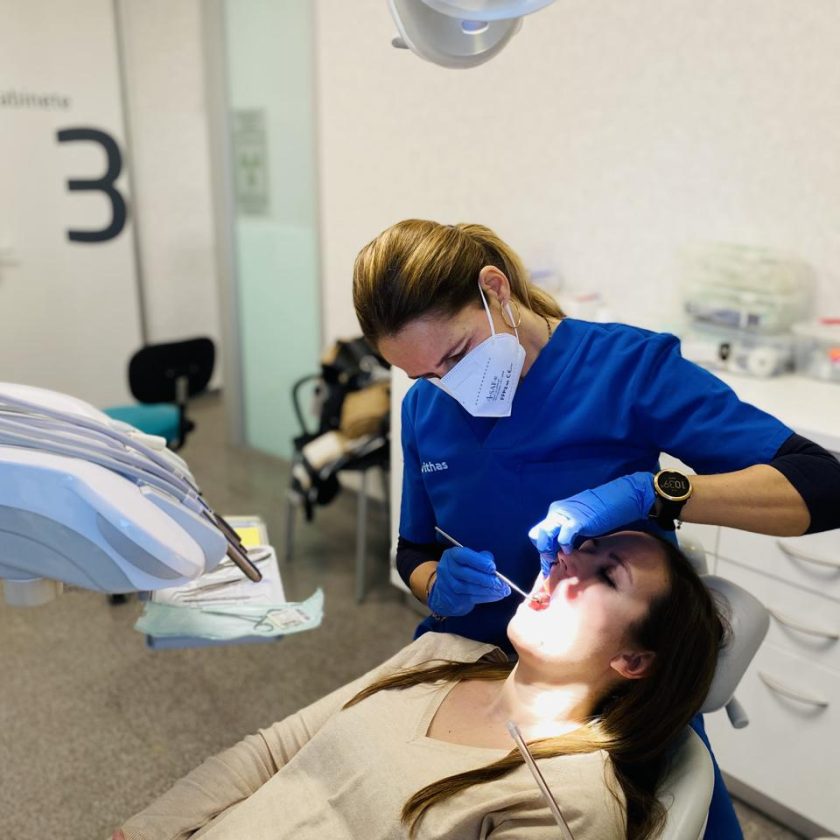Beyond the stopwatch and the running shoes, specialists at Vithas Valencia Turia remind us that the digestive system also needs preparation to withstand the challenge of a long-distance race.
Flatulence, nausea, heaviness, abdominal bloating, or diarrhea are some of the gastrointestinal symptoms experienced by runners during training or on race day itself.
A light breakfast with easily digestible carbohydrates and proper hydration is advisable 2–4 hours before the event, avoiding fats and fiber. It is also recommended to test energy gels during training and practice fluid intake to prevent digestive discomfort.
Valencia – The General and Digestive Surgery team at Hospital Vithas Valencia Turia emphasizes the importance of training the digestive system before running a long-distance race, such as a marathon or half marathon. The goal is to reduce gastrointestinal symptoms that affect a large number of runners and that may compromise their athletic performance or even the completion of the race.
According to a recent study published in the scientific journal “Nutrients”, 42% of runners report moderate digestive discomfort during the week leading up to a marathon, and 27% experience it during the race itself. Among the most common symptoms are flatulence and nausea, although heaviness, abdominal bloating, and even diarrhea may also appear.

The Head of General and Digestive Surgery at Hospital Vithas Valencia Turia, Dr. Alfonso García Fadrique, notes that “although the causes of these disorders are diverse and vary among runners, factors such as pre-existing conditions, the degree of training adaptation, and the physiological changes induced by exercise – such as reduced intestinal blood flow and dehydration – play a key role”.
Therefore, specialists recommend that, in the weeks leading up to a competition, athletes test different types of breakfast, meal times, and brands of energy gels during their training sessions in order to identify which foods and products are best tolerated by their bodies.
“Many runners train their bodies for months but forget that the stomach also needs preparation. Poor nutritional management can undo all that effort,” says Dr. García Fadrique.

The medical team also stresses the importance of nutrition before the race. Breakfast should be consumed two to four hours before the start and should include easily digestible carbohydrates that provide sustained energy without causing stomach upset, such as whole-grain toast with honey or jam, oatmeal with fruit, or banana, while avoiding foods high in fat or fiber, such as fried foods, heavy meats, legumes, or raw vegetables, since they may hinder digestion. Likewise, it is recommended to accompany food intake with water or isotonic drinks to ensure proper hydration.
Energy gels and proper hydration
“It is especially important to hydrate well when consuming energy gels, as their high concentration of solutes (a substance that dissolves) can cause digestive problems,” explains Dr. García Fadrique. “Testing and adapting to these products during prior training sessions is key to minimizing risks; there are multiple brands and formulations, so it is advisable to try several options during training”.
Specialists also recommend “practicing fluid intake while running, as it can be more difficult than one might initially think and, if done incorrectly, may increase air intake and digestive symptoms”.
It is worth noting that Vithas hospitals in Valencia collaborate in the “Valencia Trinidad Alfonso Zurich Half Marathon” and the “Valencia Trinidad Alfonso Zurich Marathon”. This is part of the commitment of Vithas Valencia Turia, Vithas Valencia 9 de Octubre, and Vithas Valencia Consuelo hospitals to prevention, health promotion, and the culture of effort.

About Vithas
The Vithas Group is made up of 21 hospitals and 39 medical and healthcare centers across 14 provinces. With 12,600 professionals, Vithas has become one of the leaders in Spanish healthcare. In addition, the group includes Fundación Vithas, Vithas Red Diagnóstica, and the PlazaSalud+ purchasing center.
Vithas, backed by the Goodgrower group, bases its corporate strategy on accredited healthcare quality, patient experience, research and innovation, and social and environmental commitment.
#hoylunes, #vithas,



